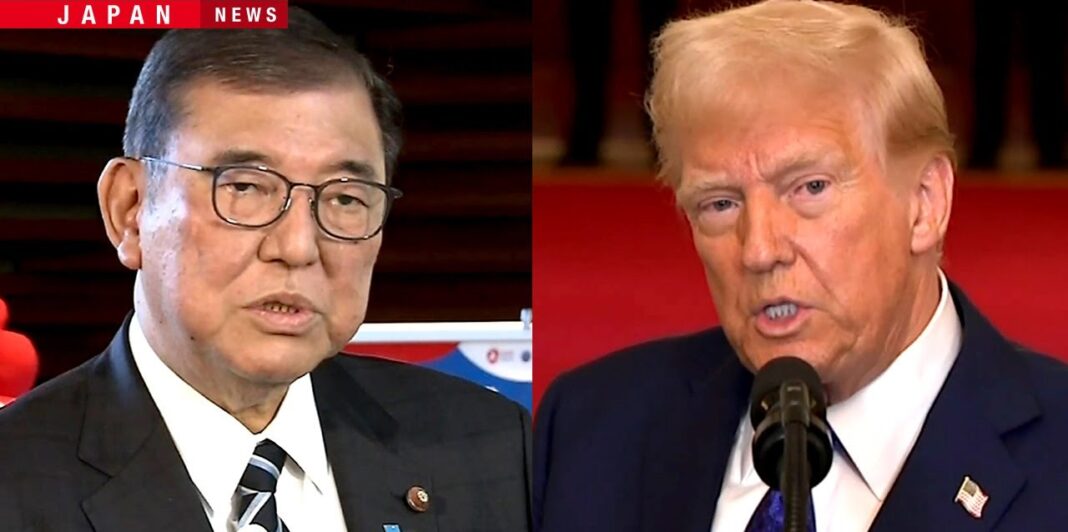A recent ruling by a federal judge in Manhattan has sparked a heated legal and political debate, drawing significant reactions from multiple fronts. The decision, which temporarily restricts Elon Musk and his associates from accessing government systems used to process trillions of dollars in payments, has led to an uproar, particularly from Musk himself. The tech billionaire took to social media, labeling the judge as “corrupt” and calling for his impeachment. This development raises critical questions about judicial independence, the rule of law, and the role of government oversight in safeguarding financial and personal data.
The Legal and Political Clash
At the core of this legal dispute is the court’s decision to impose a temporary restraining order (TRO) against Musk and his team, preventing them from accessing sensitive governmental data, including financial transactions and personal identifying information (PII). This measure aligns with the judiciary’s responsibility to act as a safeguard against potential overreach, ensuring that legal frameworks governing data security and privacy are upheld.
Elon Musk’s response to the ruling has intensified the discourse, framing the judgment as a politically motivated attack rather than a lawful exercise of judicial authority. The reaction from Musk and his allies reflects a broader pattern observed in recent years—where judicial decisions unfavorable to influential figures are met with public defiance and calls for impeachment.
The Standard for Impeaching a Federal Judge
To comprehend the weight of Musk’s call for impeachment, it is essential to understand the constitutional bar for removing a federal judge. Impeachment of a judge follows a similar process to that of a U.S. president:
- The House of Representatives must draft and vote on articles of impeachment, essentially charging the judge with high crimes and misdemeanors.
- If passed, the case proceeds to the Senate, where a trial is conducted.
- A two-thirds majority vote in the Senate is required to convict and remove the judge from office.
Historically, federal judges are rarely impeached, with only a handful of instances occurring since the nation’s founding. The process demands substantial evidence of misconduct, far beyond simply issuing a ruling that a political figure disagrees with.
Comparing Judicial Decisions Across Different Courts
The Manhattan judge’s decision was not an isolated incident; a similar ruling was made by a federal judge in Washington, D.C. Judge Carl Nichols, appointed during the Trump administration, also issued a TRO concerning the handling of USAID operations, highlighting how courts are stepping in to halt potentially unlawful government actions. Despite both rulings being grounded in legal precedent, Musk and his supporters have only targeted the Manhattan judge, raising questions about selective criticism and potential political motivations.
Broader Implications for Governance and Rule of Law
The judicial system serves as a crucial pillar of democracy, ensuring that individuals, corporations, and government entities operate within the bounds of the law. The increasing trend of challenging judicial authority—particularly through calls for impeachment—poses risks to the stability of legal institutions.
If high-profile figures can mobilize public sentiment against judges simply for ruling against them, the independence of the judiciary could be significantly undermined. Furthermore, the pressure placed on courts to align with political interests rather than legal principles could set a dangerous precedent, leading to a weakened system where decisions are influenced more by public perception than by the rule of law.
Economic and Business Ramifications
This legal standoff carries far-reaching consequences beyond the courtroom. The U.S. financial system relies on robust security protocols to prevent unauthorized access to critical economic data. Granting unchecked access to individuals, regardless of their status, risks compromising national financial security. Businesses, particularly those in fintech and banking sectors, are closely monitoring this case, as any shift in data accessibility policies could impact compliance regulations and financial stability.
Additionally, international markets and investors are observing how the U.S. handles this dispute. A perceived weakening of regulatory oversight could lead to concerns about data privacy and economic governance, potentially affecting investor confidence and foreign relations.
The Path Forward: Key Considerations and Next Steps
Moving forward, several key questions emerge:
- Will the calls for impeachment gain traction in Congress? Given the high threshold required, it is unlikely that Musk’s campaign will lead to actual proceedings against the judge.
- How will this ruling influence future cases involving high-profile figures and government access to data? The judiciary’s ability to maintain independence in politically charged cases will be tested.
- What measures will the government take to reinforce data security? Ensuring that sensitive financial and personal information remains protected will be a priority.
- How will businesses and global markets react? The response from financial institutions and regulatory bodies will shape the next steps in securing government systems.
This case underscores the ongoing tension between technological influence, government regulation, and the judicial process. As legal and political battles unfold, the core issue remains: how to uphold democratic principles while adapting to an evolving digital and economic landscape.
Disclaimer This article is a factual report based on publicly available information and does not express any partisan opinion. The analysis provided aims to contextualize the ongoing legal proceedings while considering their potential implications. Readers should seek further details from official court records and verified news sources for continued updates
Dr. Noah Alvarado is a global economist specializing in international trade policies and macroeconomic analysis. His research has been published in prominent journals.




